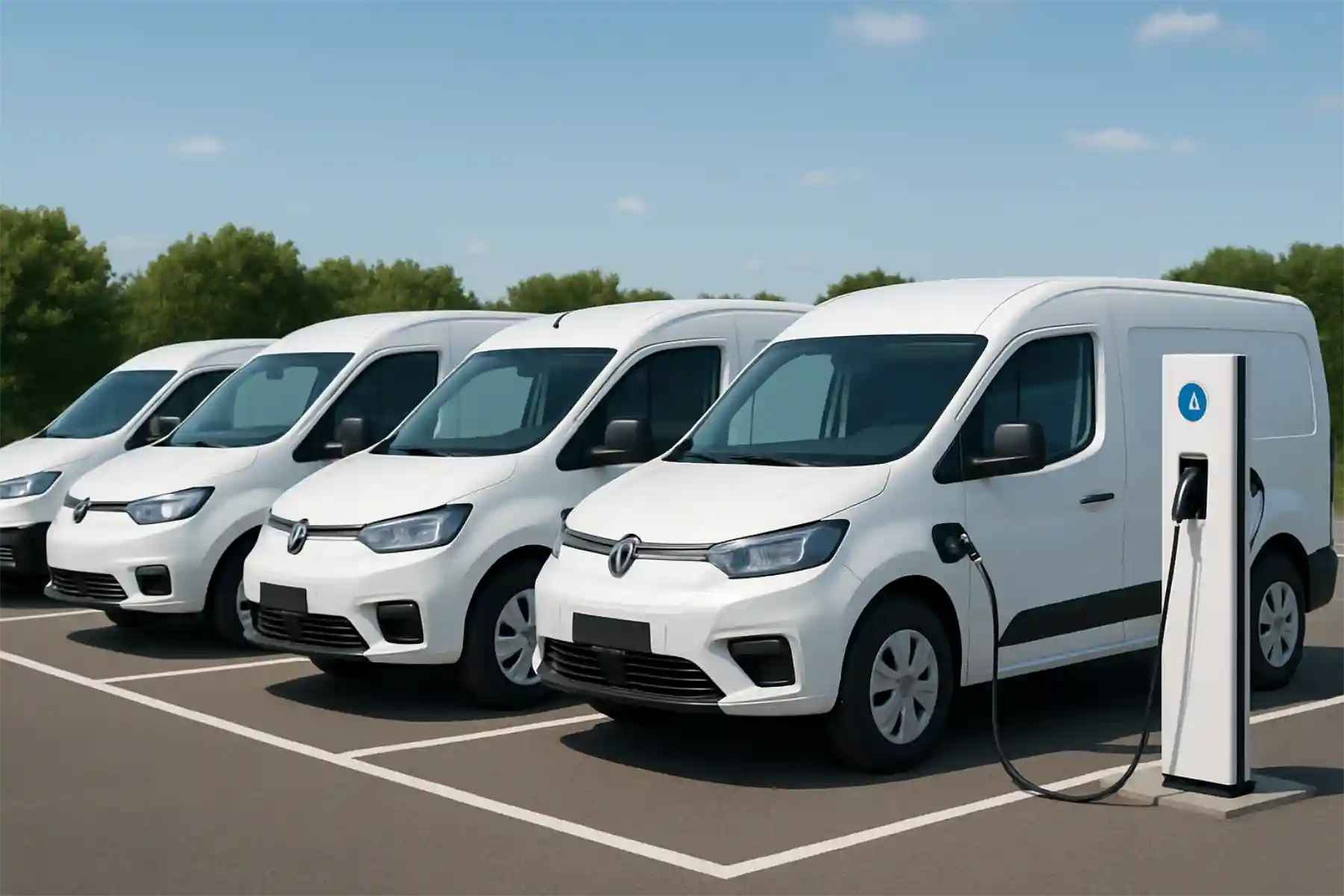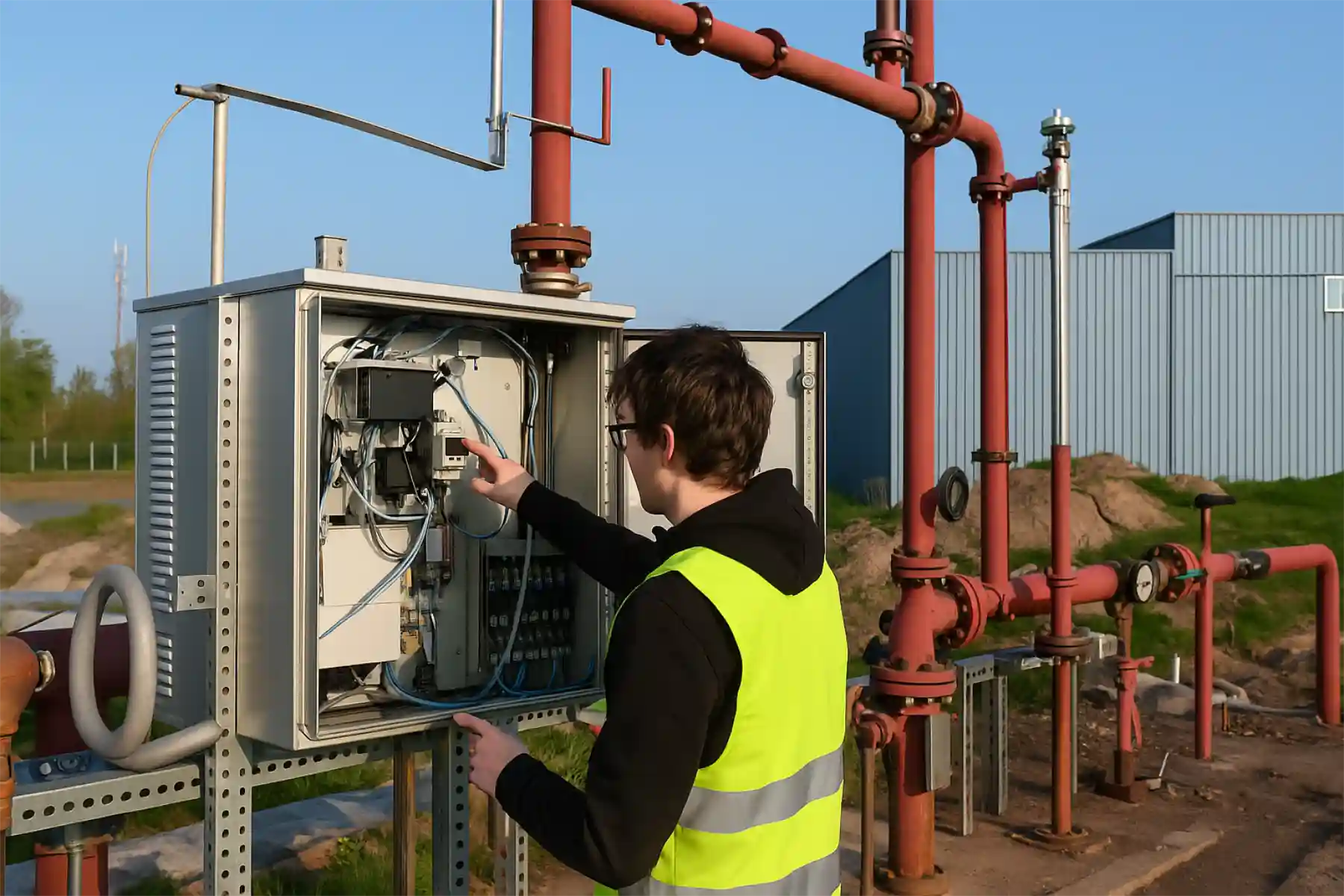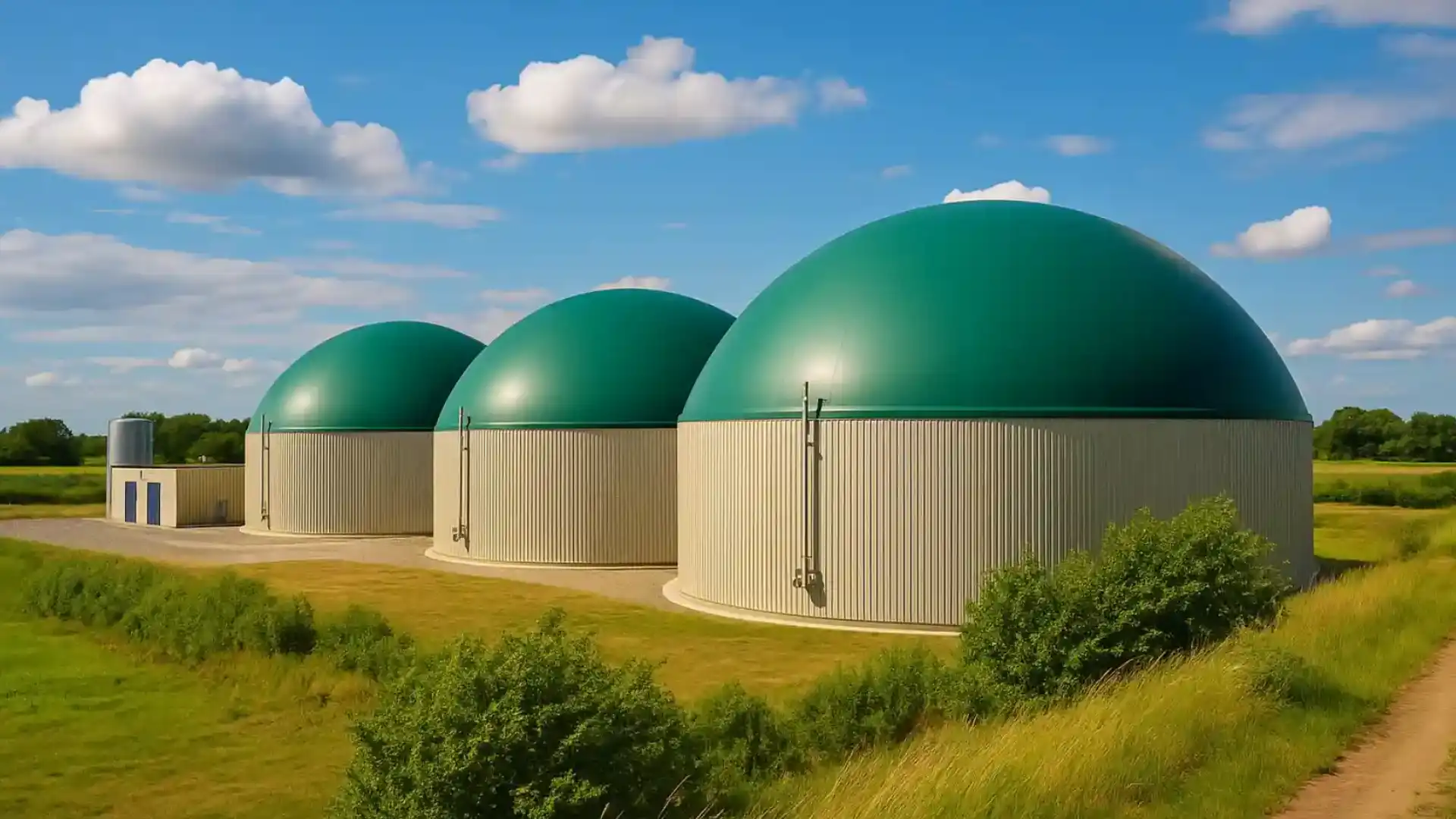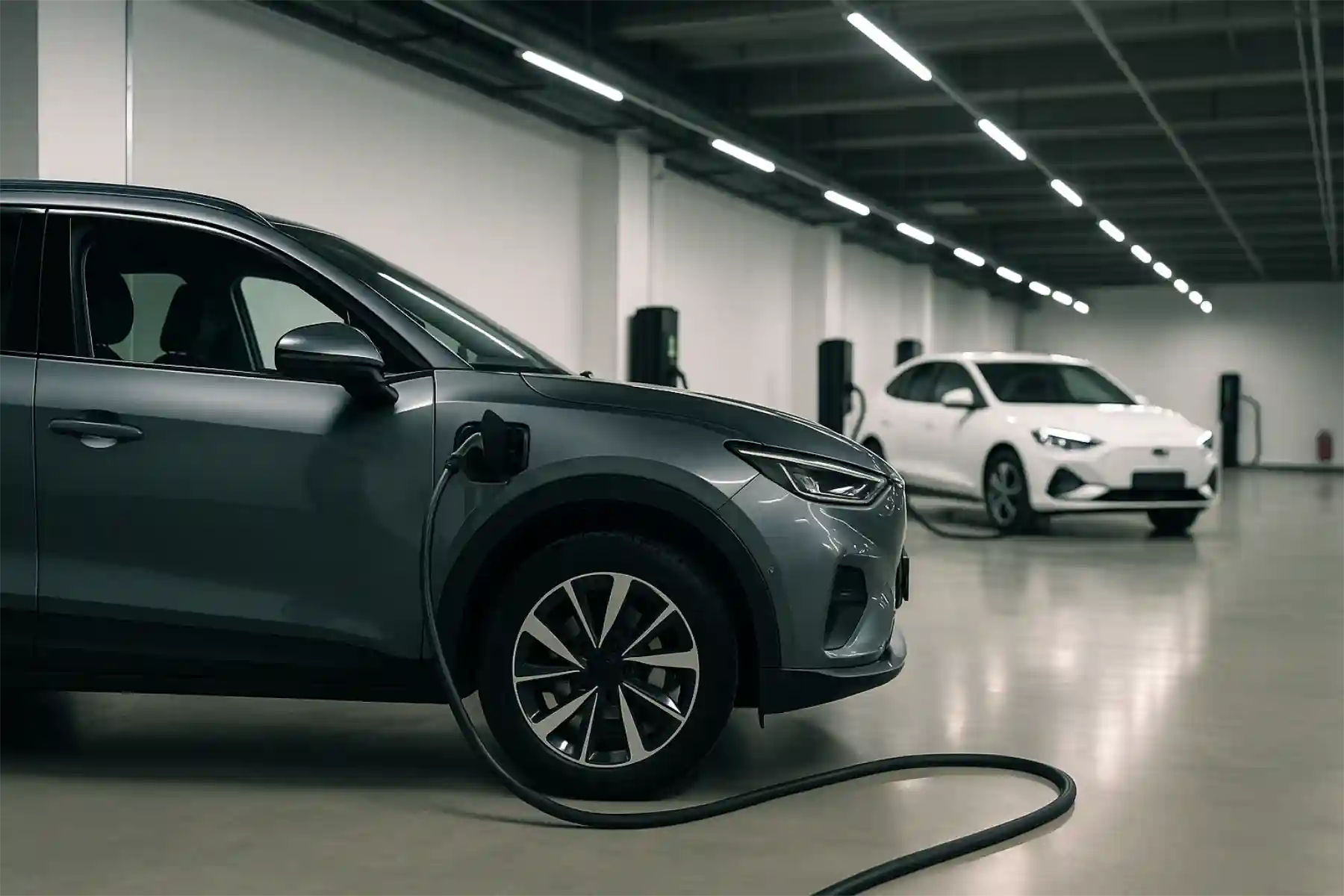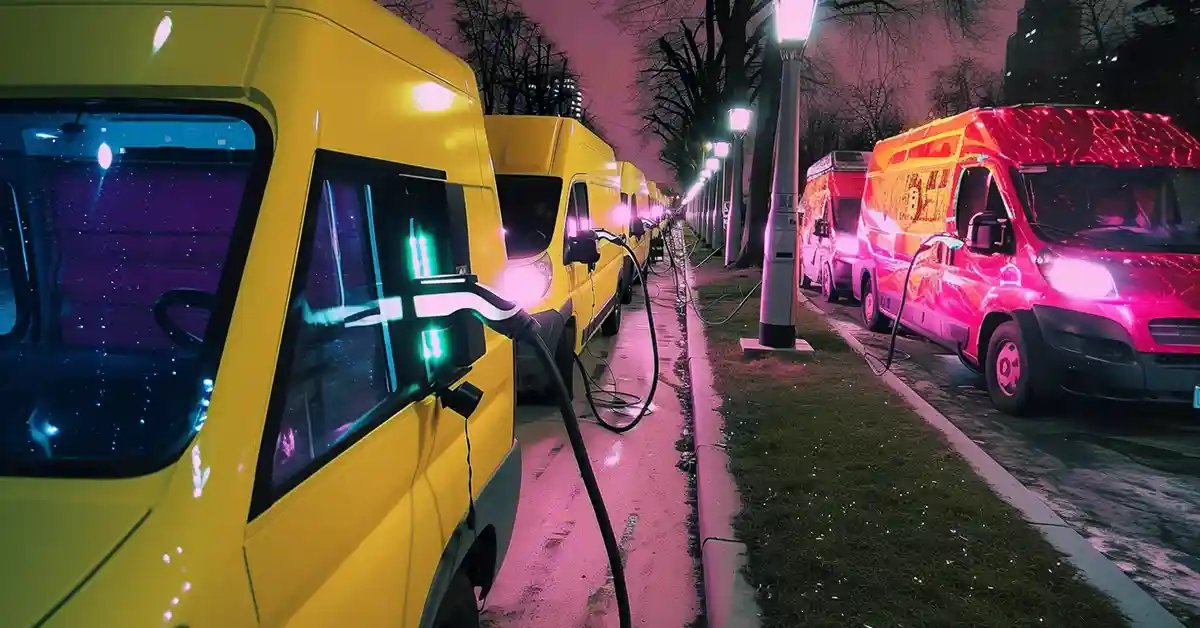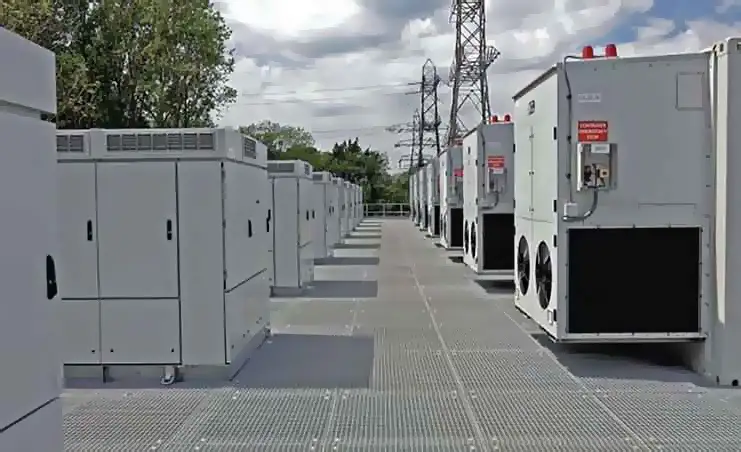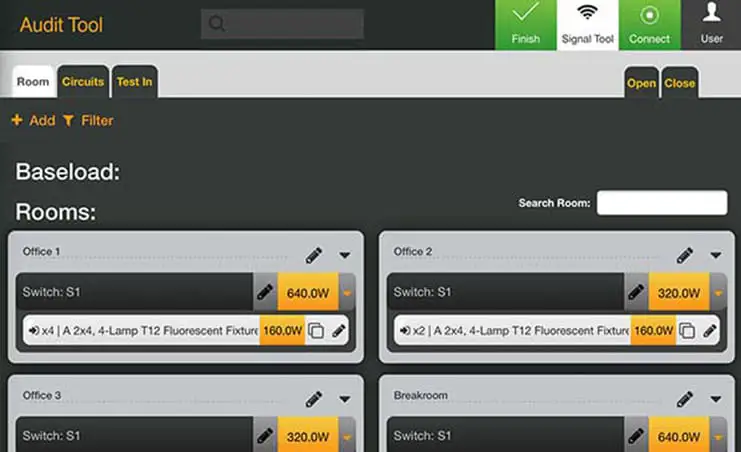EV fleet feasibility analysis.
Project overview.
The client.
Evaluating the feasibility and quantifying the Total Cost of Ownership is a massive consideration for companies when converting from a conventional to an EV fleet. In addition to fuel savings and lowering the organisation's carbon footprint, there are other significant opportunities to optimise fleet management and operation, resulting in substantial savings.
For example, fleet-charging optimisation significantly cuts operating expenses and CAPEX of electrical charging infrastructure. Opportunity also exists in analytics, including vehicle telematics to plan and align journeys, vehicles and charging requirements with charger availability and electricity rates. Potential also exists to earn revenue from the unoccupied charging infrastructure while fleet vehicles are away from the depot.
Location:
Germany.
Industry:
Energy Efficiency.
Services:
Technologies:
The project.
Full Stack Energy worked with a global logistics fleet operator to determine the feasibility and ROI of converting their existing conventional fleet to electric.
Implementation.
Full Stack Energy provided a team specialists. The first step was to frame the domain problem, scope of requirements, and business objectives.
Together with the client Product Owner, System Architect, and team of Stakeholders, we defined the platform's goals that we needed to implement using the appropriate technological stack.
The business analysis stage involved the following steps:
Defining the goals of the project.
Designing wireframes to demonstrate the product's planned functionality.
Creating a backlog containing user stories categorised by epic with acceptance criteria.
Prioritising the order of implementation for each user story.
Refining the backlog sprints.
Resulting value.
Only Full Stack Energy could provide deep knowledge of the energy sector and technological know-how that enabled the team and the client to quickly collaborate on informed and innovative solutions.
This involved fitting telematic tracking devices to the current fleet to gather fine-grained detail of routes, topography and driver behaviour. This data was then analysed, and modelling scenarios for some equivalent light commercial electric vehicles were created.
This allowed the customer to make decisions with a high degree of confidence about which routes were most suitable for EV adoption and the expected ROI.

